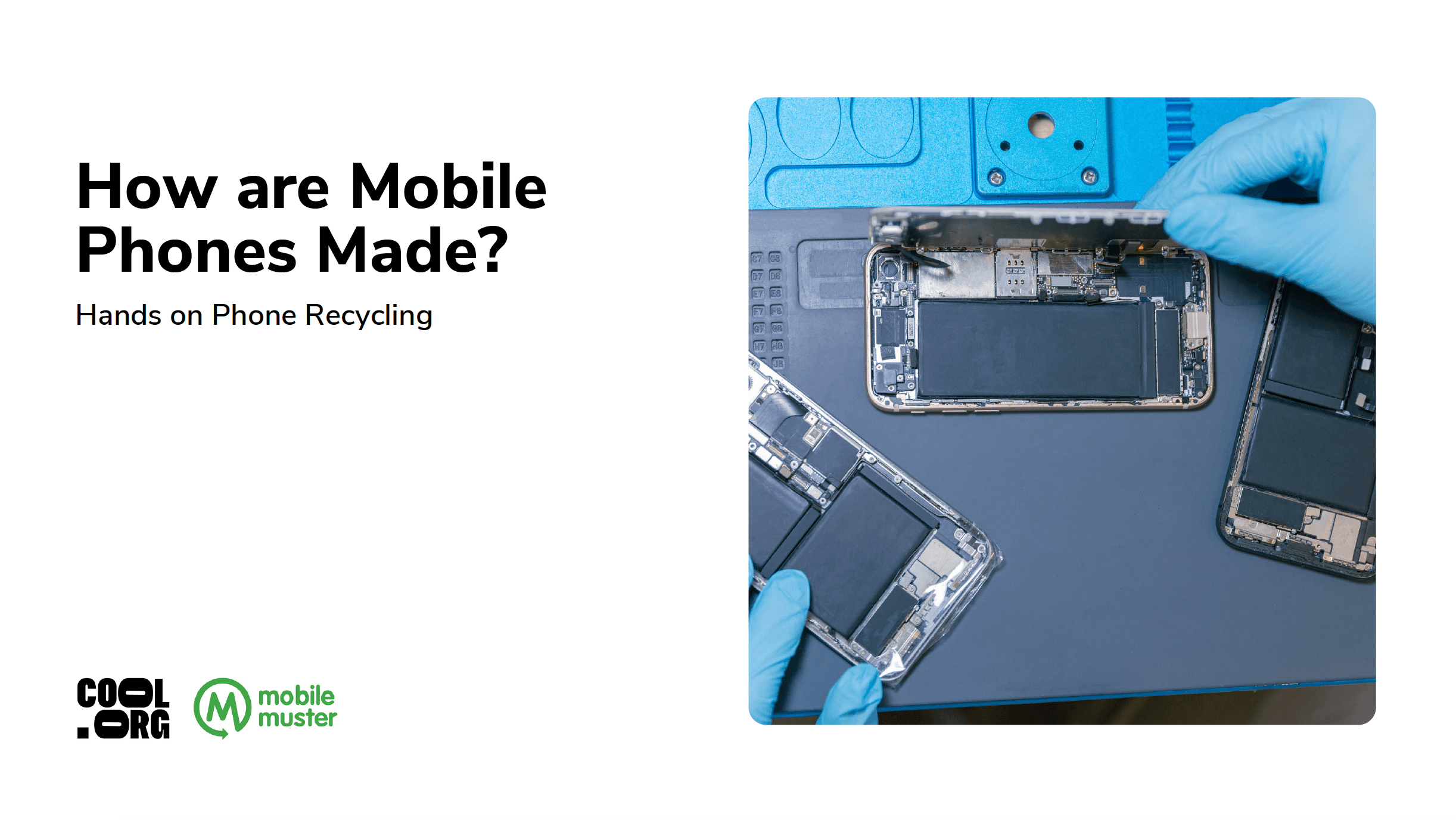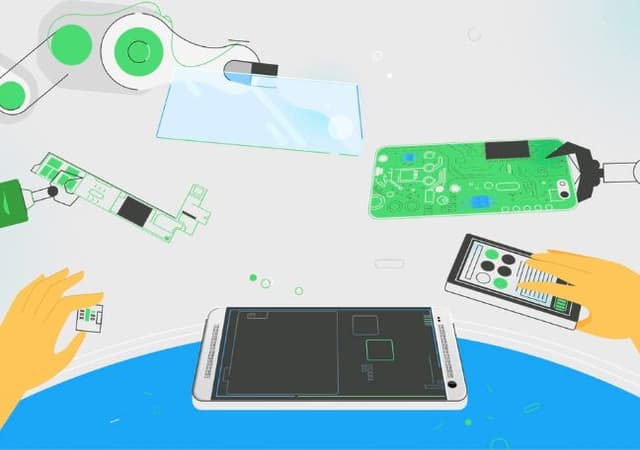
How are Mobile Phones Made?
Lesson3 of 4 in this unit
PrimaryYear 3 - 4EnglishScienceHumanities and Social SciencesTechnologyDesign and TechnologiesEnvironmentalRecyclingSustainabilityEconomicIndustry, Innovation and InfrastructureSystems Thinking
Summary
Lesson Guides and Printables
Lesson Plan
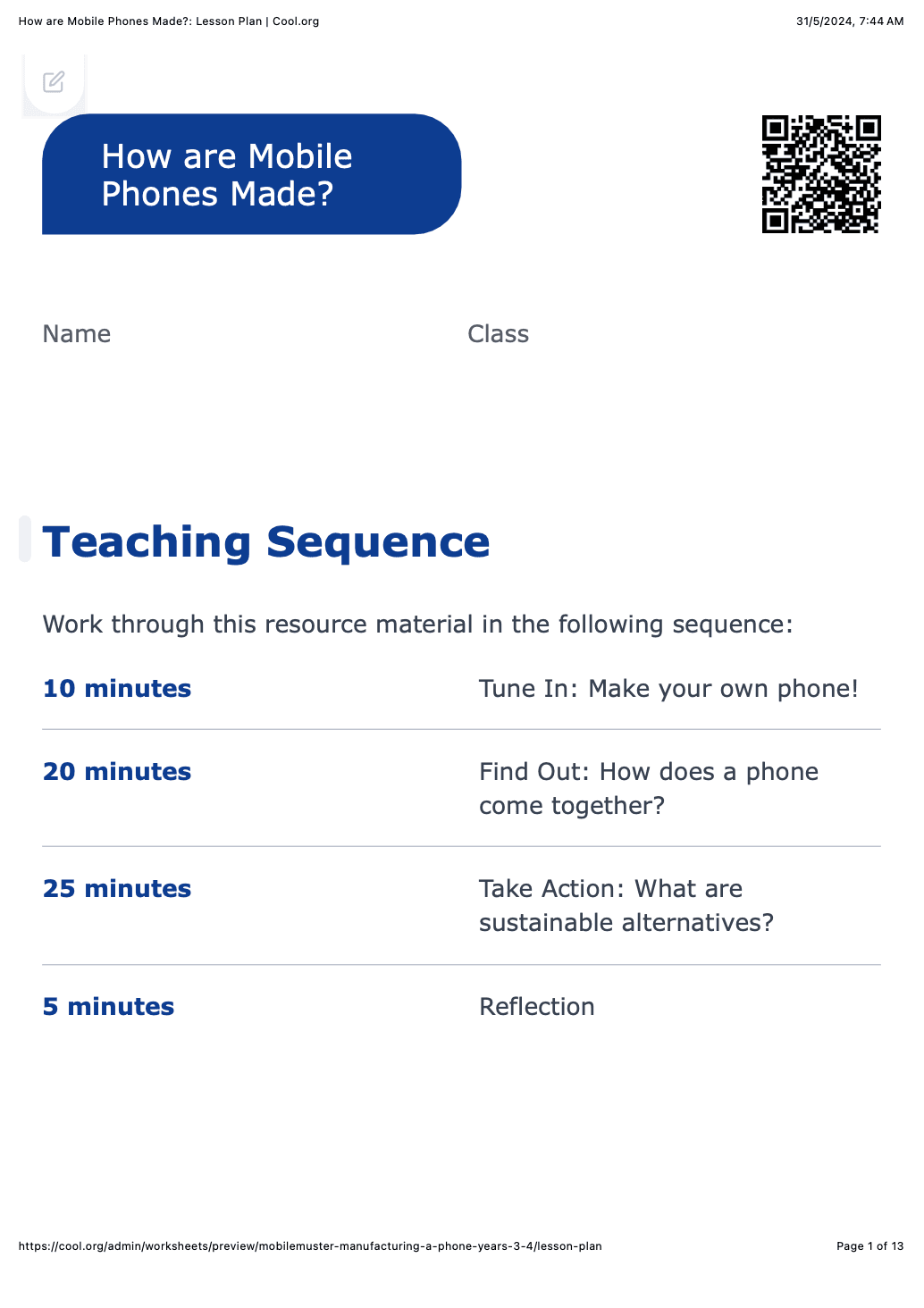
Teacher Content Info
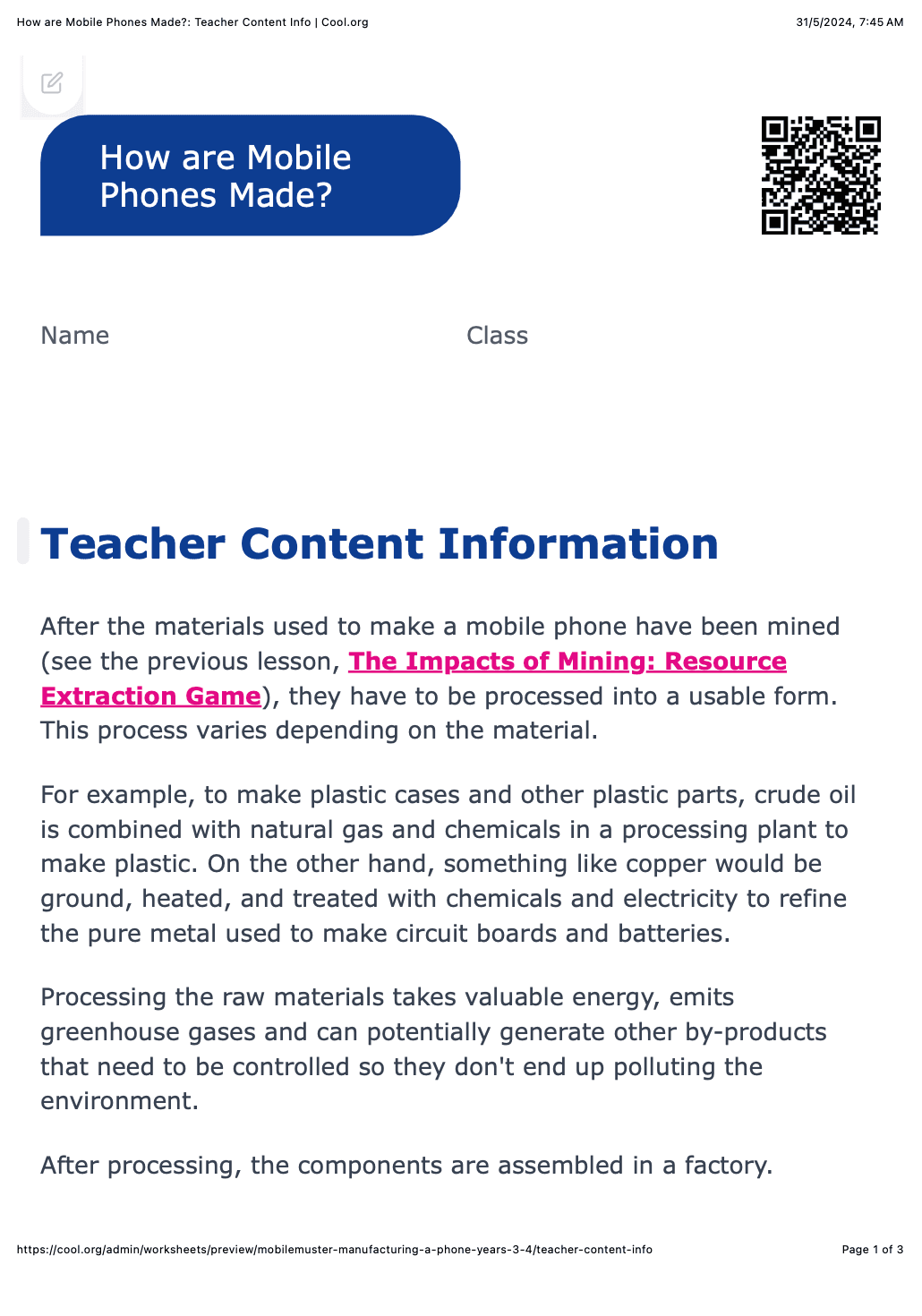
Make Your Own Mobile Worksheet
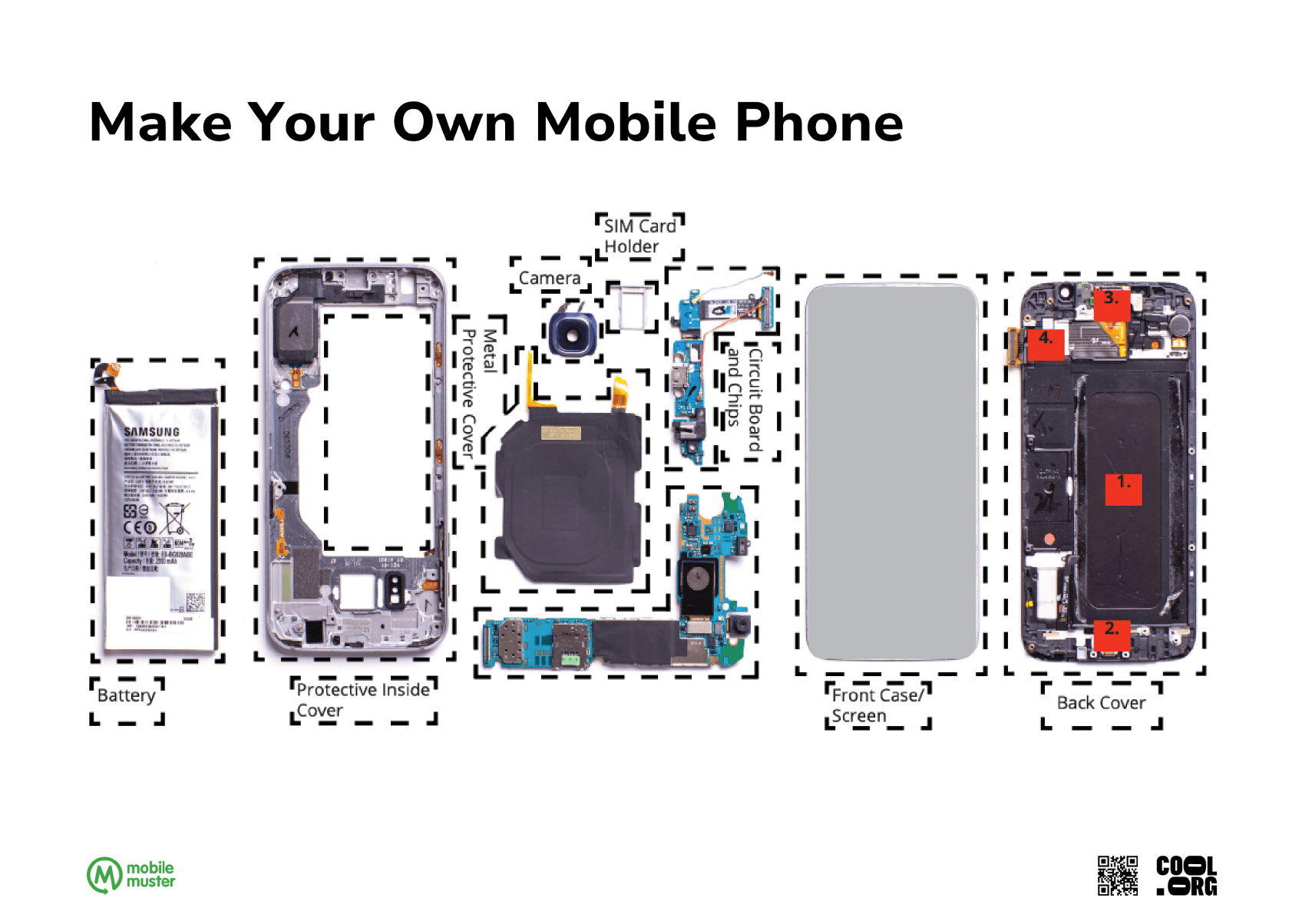
Visual Explainer
